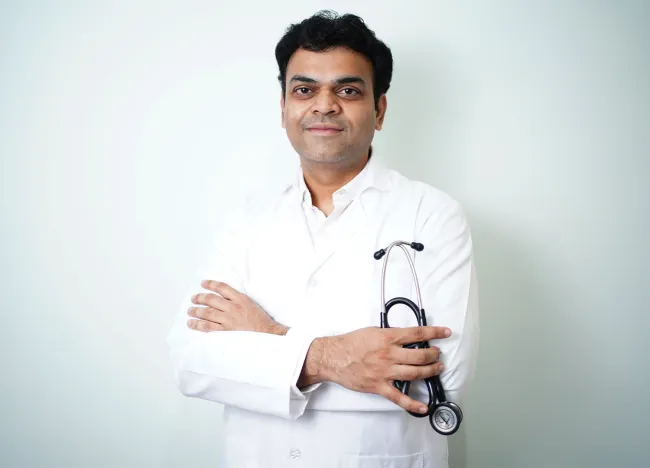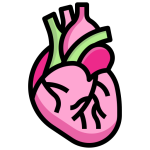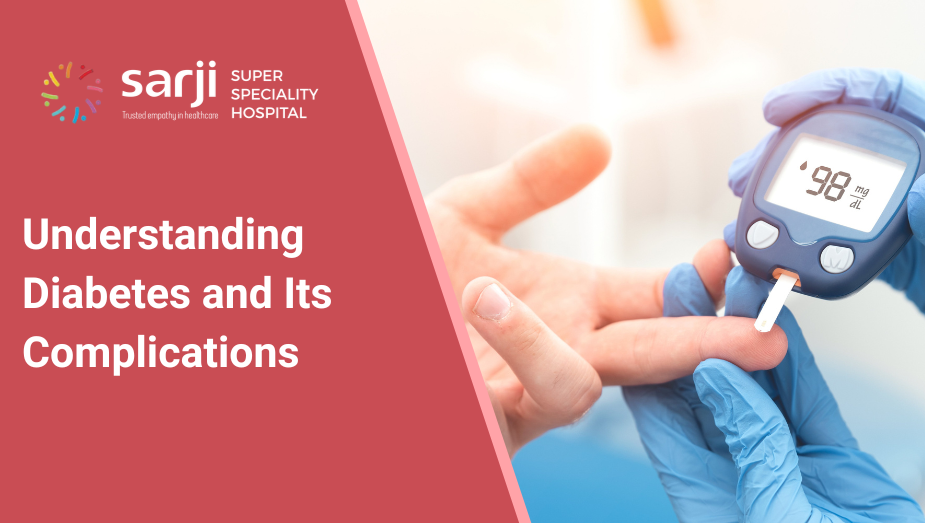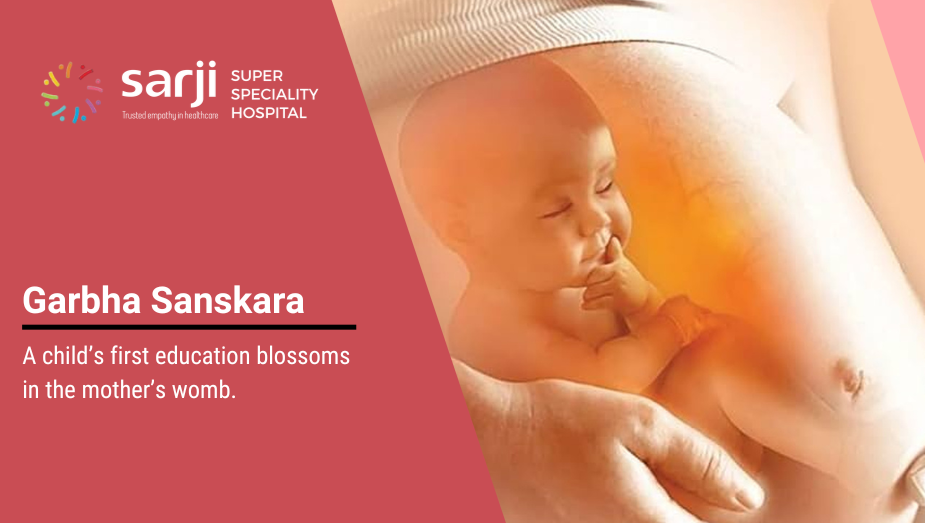Interventional cardiology is a minimally invasive way of diagnosing and treating various heart and blood vessel diseases using catheter-based techniques. These techniques are minimally invasive, meaning they do not require open surgery or large incisions. Instead, they use thin tubes called catheters that are inserted through a small puncture in the skin and guided to the affected area using X-ray or ultrasound imaging. Interventional cardiology can offer many benefits for patients, such as faster recovery, less pain, lower risk of infection, and shorter hospital stay.
Some of the common conditions that interventional cardiology can treat include:
Coronary artery disease (CAD): In this condition the arteries carrying blood to the heart muscle become narrowed or blocked. This condition can lead to symptoms like chest pain, shortness of breath, sweating or cause heart attack.
Valvular heart disease: This is the dysfunction of the heart valves that regulate the flow of blood between the chambers of the heart. This can cause symptoms such as fatigue, swelling, or heart failure.
Structural heart disease: This is the abnormality of the shape or function of the heart or its components. This can be present at birth (congenital) or develop later in life (acquired). Some examples are atrial septal defect (ASD), ventricular septal defect (VSD), patent foramen ovale (PFO), or hypertrophic cardiomyopathy (HCM).
Heart disease is one of the leading causes of death and disability in India and worldwide. According to the World Health Organization, more than 17 million people die from cardiovascular diseases every year, and this number is expected to rise to 23 million by 2030. Many of these deaths can be prevented or delayed by timely diagnosis and treatment of heart conditions. Our interventional cardiology department is equipped with the latest technology and infrastructure, such as cath labs, cardiac intensive care units, and cardiac rehabilitation units. We follow the highest standards of safety and quality and adhere to the international guidelines and protocols for interventional cardiology. We also provide treatment to patients who are at high risk and have multiple vessel involvement.
Procedures for Interventional Cardiology at Sarji Hospital.
- Coronary angiography: This is a test that uses a special dye and X-rays to visualise the arteries of the heart and detect any blockages or narrowing.
- Coronary angioplasty and stenting: This is a procedure that uses a balloon and a metal mesh tube called a stent to open up the blocked arteries and restore blood flow.
- Coronary atherectomy and rotablation: This is a procedure that uses a device to cut or drill away the plaque that is causing the blockage in the arteries.
- Balloon valvuloplasty: This is a procedure that uses a balloon to widen a narrowed or stiff heart valve and improve its function.
- Transcatheter aortic valve replacement (TAVR): This is a procedure that uses a catheter to implant a new artificial valve in the aortic position, without removing the old valve.
- Transcatheter mitral valve repair (TMVR): This is a procedure that uses a catheter to clip or stitch the mitral valve leaflets together, reducing the leakage of blood back into the left atrium.
- Device closure of ASD, VSD, PFO: This is a procedure that uses a catheter to place a device that seals the hole between the chambers of the heart, preventing the mixing of oxygen-rich and oxygen-poor blood.
- Alcohol septal ablation: This is a procedure that uses a catheter to inject alcohol into a branch of the coronary artery that supplies blood to the thickened part of the heart muscle, causing it to shrink and relieve the obstruction.
- Left atrial appendage closure (LAAC): This is a procedure that uses a catheter to place a device that blocks the left atrial appendage, a small pouch in the left atrium that can harbour blood clots and increase the risk of stroke.
Get to Know our Team of Experts for Interventional Cardiology
Sarji Hospital is manned by the best interventional cardiologist, who is renowned for skills, expertise, and experience.
Why Sarji Hospital is one of the best hospital for interventional cardiology treatment
- Cutting-edge Facilities: A state-of-the-art cardiac catheterization lab with advanced imaging and monitoring systems, where various interventional cardiology procedures are performed with the highest standards of care and safety.
- Expert Multidisciplinary Team: A collaborative team of cardiologists, anesthesiologists, nurses, and technicians, who provide comprehensive and customized care to each patient, leveraging diverse expertise to optimize outcomes.
- Immediate Emergency Care: A 24/7 emergency cardiac care service that can handle any cardiac emergency, such as heart attacks, cardiac arrest, or acute heart failure, with prompt and effective intervention and maximum patient safety.
- Holistic Rehabilitation: A cardiac rehabilitation program that helps patients recover from interventional cardiology procedures and improve their quality of life, offering comprehensive support for recovery and well-being.
- Patient-Centric Philosophy: A patient-centric approach that ensures that every individual receives personalized attention, guidance, and support throughout their treatment journey, building trust and comfort during a crucial period of care.
Doctors








